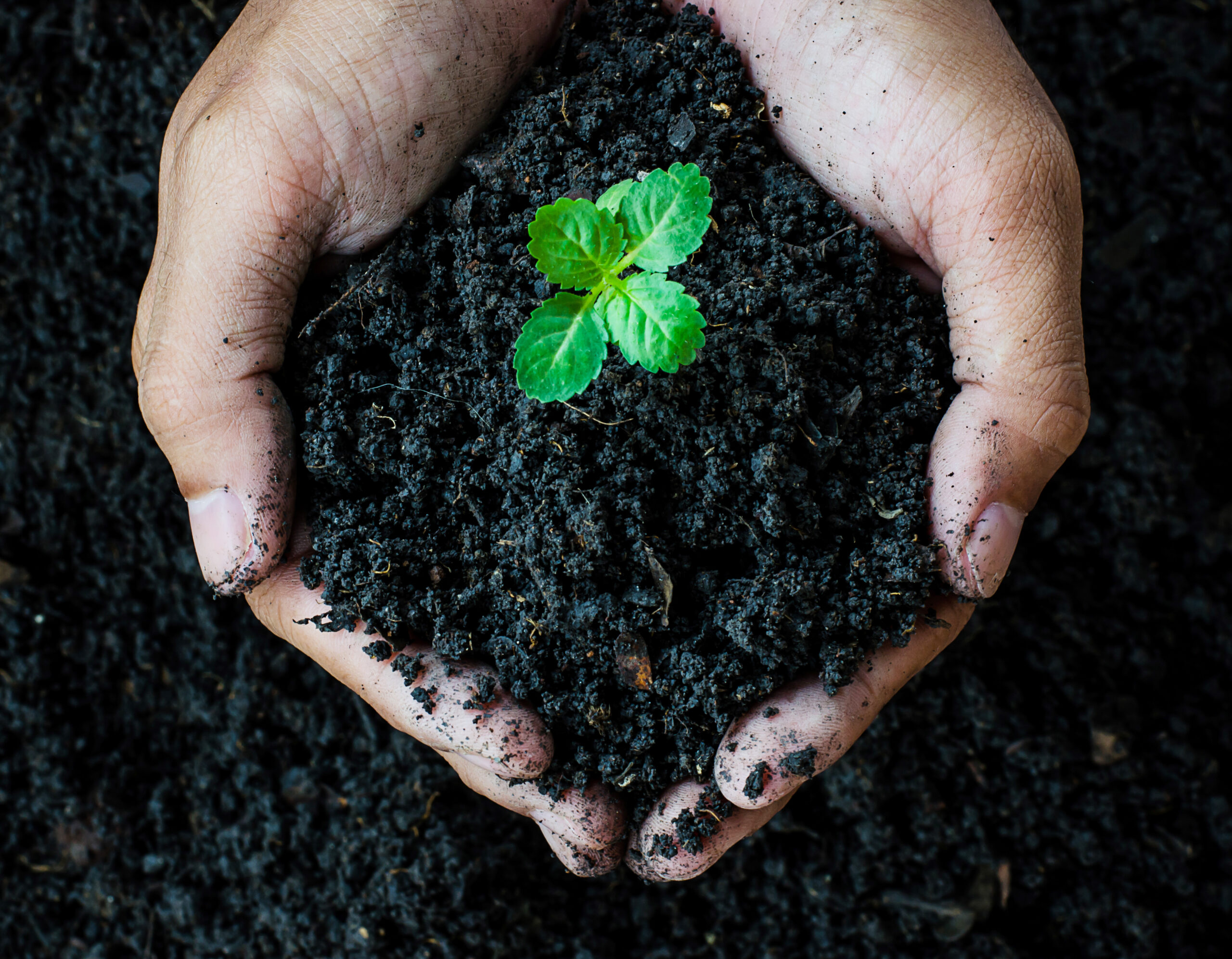

Most plastic material in Rhode Island isn’t actually getting recycled, it’s getting buried in the landfill with all of the other trash.
Read StoryMicrofibers, defined as tiny slivers of material with a 1:3 ratio of width to length, are “shed,” or thrown off, textiles during the simple movements of using, wearing, and washing them.
Read StoryReader support is at the core of our nonprofit news model. Together, we can keep the environment in the headlines.
We use cookies to improve your experience and deliver personalized content. View Cookie Settings